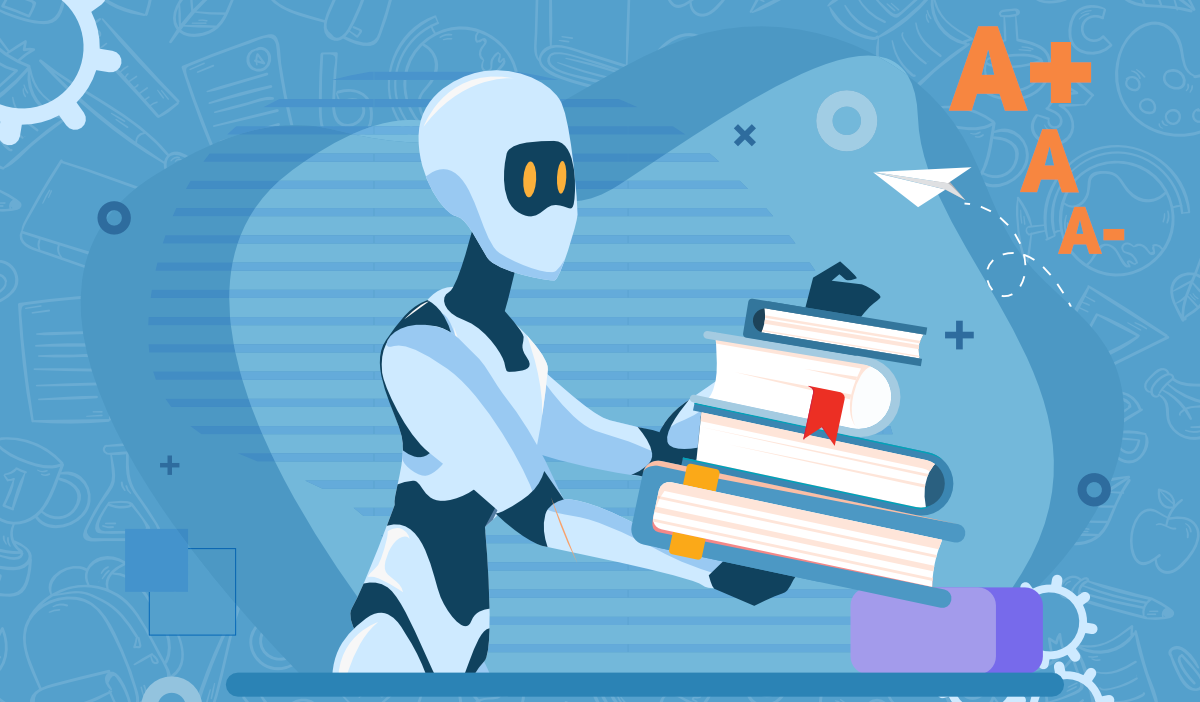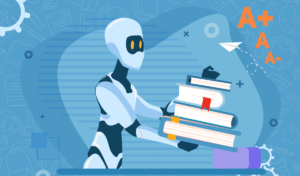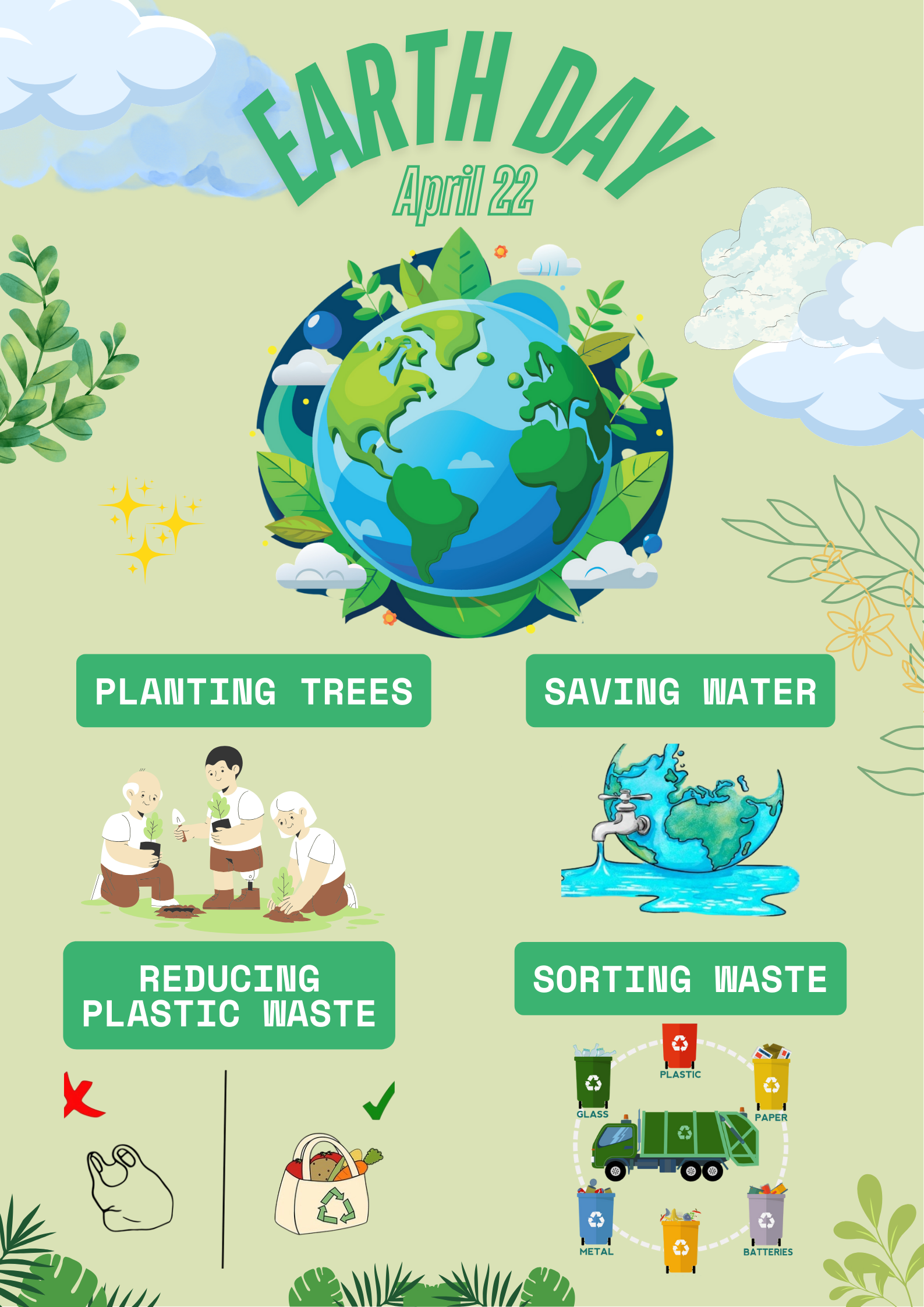
30.09.24
How does AI affect our life?
Artificial Intelligence (AI) is increasingly asserting its indispensable role in all aspects of modern life. The advancements in AI have brought about significant changes, from simple applications like virtual assistants to complex systems in healthcare, education, and business. However, alongside its benefits, AI also poses numerous challenges and concerns regarding privacy, security, and social impact. ... Read more
Artificial Intelligence (AI) is increasingly asserting its indispensable role in all aspects of modern life. The advancements in AI have brought about significant changes, from simple applications like virtual assistants to complex systems in healthcare, education, and business. However, alongside its benefits, AI also poses numerous challenges and concerns regarding privacy, security, and social impact.
(Sources: LinkedIn)
- Benefits of AI:
Healthcare: AI is revolutionizing healthcare by enhancing diagnostic and treatment capabilities. AI systems can quickly and accurately analyze medical data, assisting doctors in making timely and precise decisions. For example, AI technologies can detect early signs of cancer from medical images, thereby increasing patients’ survival rates.
Education: AI also plays a crucial role in personalizing the learning process. Intelligent learning systems can tailor educational content to match the needs and pace of each student, thereby improving learning outcomes for diverse groups of learners.
Business: In business, AI helps automate processes, reduce costs, and increase efficiency. AI-based supply chain management systems can forecast product demand and optimize distribution, helping companies minimize waste, cut costs, and boost profits.
(Sources: York Online)
- Challenges and Risks:
Despite its benefits, AI also comes with many challenges and risks that need to be managed. One of the biggest concerns is data privacy and security. AI systems collect and analyze vast amounts of personal data, which can lead to data misuse and privacy violations.
Job Displacement: The development of AI also poses a risk of job loss for many workers. Repetitive and easily automated jobs may be replaced by AI systems, causing an imbalance in the labor market. Many people may lose their jobs and be replaced by AI.
Lack of Transparency: AI decisions are often based on complex algorithms, making them difficult to understand and control. This can result in incorrect or unfair decisions, leading to severe consequences.
(Sources: India Today)
- How to Avoid Getting Caught in the AI Spiral:
Self-Education: Understanding AI and related technologies is the first step to avoiding getting caught in its spiral. Educating yourself about how AI works, its benefits, and its risks will help you use AI intelligently and responsibly.
Maintaining Balance: Do not let technology dominate your entire life. Spending time on non-technology-related activities like reading, sports, and direct communication with others is crucial. It helps maintain balance in your life.
Protecting Privacy: Be aware of the security and privacy policies of the AI applications and services you use. Limit unnecessary sharing of personal information and use privacy protection tools to safeguard your data.
Developing Soft Skills: Skills such as critical thinking, creativity, and problem-solving are areas where AI struggles to fully replace humans. Investing in developing these skills will help you stay competitive in the job market.
Upholding Ethics: Use AI ethically, ensuring that your decisions and actions do not infringe on others’ rights and do not cause negative consequences.
It is evident that artificial intelligence is changing the way we live and work. By following the aforementioned methods, we can leverage the advantages of AI without getting caught in its spiral. Understanding and managing the challenges posed by AI is key to ensuring that we can benefit from this technology in a sustainable and responsible manner.











